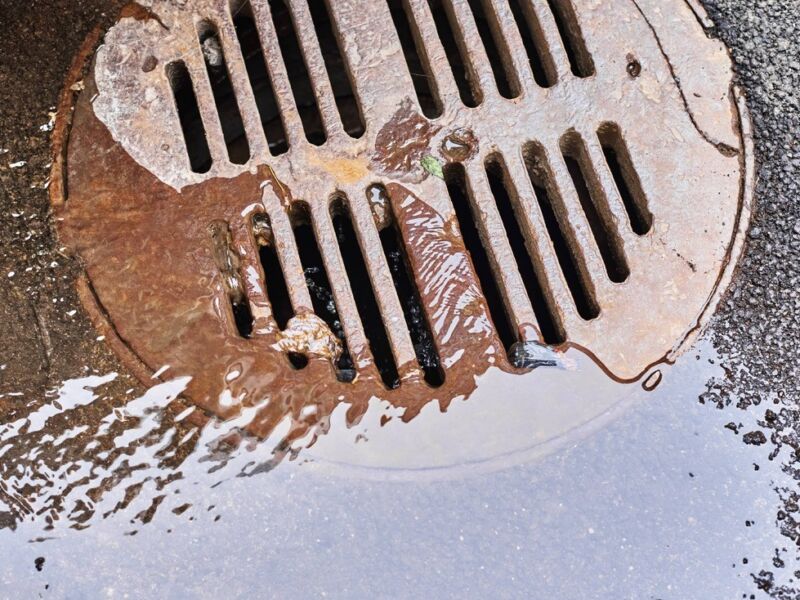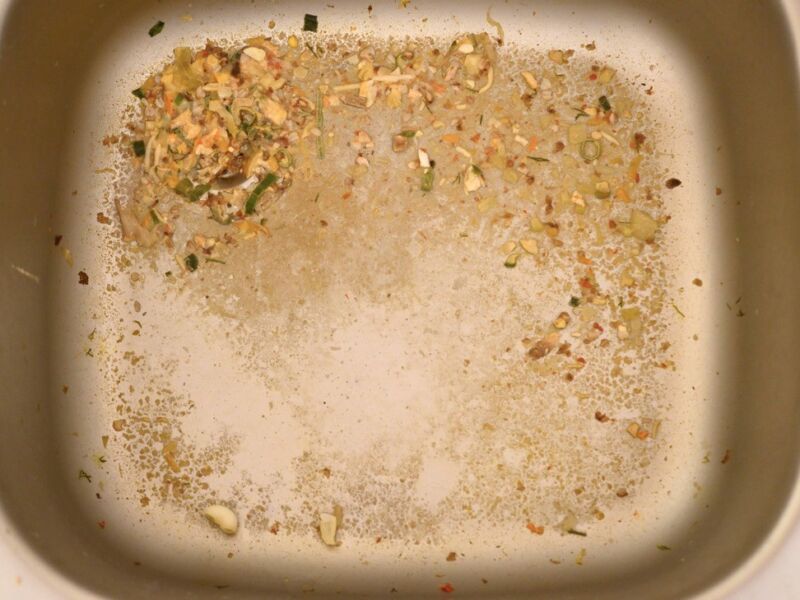
Sewage Backup and Personal Belongings: A Comprehensive Guide
Sewage backup is a serious and unpleasant issue that can cause significant damage to your property and personal belongings. It occurs when there is a blockage or malfunction in the sewer system, leading to the overflow and contamination of wastewater in your home or building. In this comprehensive guide, we will explore the causes, effects, and solutions of sewage backup, as well as provide tips on how to protect your personal belongings.
Common Causes of Sewage Backup

There are several common causes of sewage backup:
- Blockage in the sewer line: A blockage in the main sewer line can cause sewage to back up into your property. This can occur due to tree roots infiltrating the pipes, accumulation of grease and debris, or the improper disposal of items such as wipes or feminine hygiene products.
- Heavy rainfall or flooding: During heavy rainfall or flooding, the excess water can overwhelm the sewer system and lead to sewage backup.
- Malfunctioning sump pump: A malfunctioning sump pump can result in the failure to pump out water from the basement, leading to sewage backup.
- Structural defects in the sewer system: Cracks, leaks, or collapsed pipes in the sewer system can cause sewage to backup into your property.
Effects and Risks of Sewage Backup
Sewage backup can have various effects and risks:
- Property damage: Sewage backup can cause extensive damage to your property, including the walls, floors, furniture, and electrical systems. The contaminated water can also lead to the growth of mold and mildew.
- Health hazards: Sewage contains harmful bacteria, viruses, and parasites that can pose serious health risks, including gastrointestinal illnesses, respiratory problems, and skin infections. Exposure to sewage should be avoided at all costs.
- Odor and contamination: Sewage backup can result in foul odors and the contamination of your living space. The affected areas need to be properly cleaned and disinfected to eliminate any lingering odors or bacteria.

Solutions and Remediation
Dealing with sewage backup requires immediate action and professional assistance. Here are some important steps to follow:
- Ensure personal safety: It is crucial to stay away from the affected areas and avoid contact with sewage. Use protective gear such as gloves, masks, and boots if you need to enter the contaminated areas.
- Contact a professional restoration company: Sewage backup cleanup and remediation should be handled by trained professionals who have the necessary equipment and expertise. They will safely remove the sewage, clean and disinfect the affected areas, and restore your property to its pre-damage condition.
- Assess and repair any plumbing issues: A thorough inspection of your plumbing system should be conducted to identify and repair any underlying issues that contributed to the sewage backup. This may include clearing blockages, repairing or replacing damaged pipes, or installing backflow prevention devices.
- Dispose of contaminated materials: Any porous materials that came into contact with sewage, such as carpets, rugs, and upholstered furniture, may need to be discarded properly to prevent any further contamination and health risks.
- Take preventive measures: To minimize the risk of future sewage backups, consider taking preventive measures such as regular sewer line inspections, proper disposal of waste, and the installation of backwater valves or sump pumps.
Protecting Your Personal Belongings
Sewage backup can cause irreparable damage to your personal belongings. Here are some tips to protect your possessions:
- Elevate valuables: Store valuable items or sentimental belongings on higher shelves or in waterproof containers to prevent them from coming into contact with sewage.
- Move furniture and electronics: If possible, move furniture and electronics away from the affected areas to minimize the risk of damage.
- Document the damage: Take photos or videos of the affected areas and any damaged belongings. This documentation will be helpful for insurance claims and restoration purposes.
- Consult with professionals: Contact a professional restoration company experienced in handling sewage backup situations. They can provide guidance on salvaging or restoring damaged items.
Frequently Asked Questions
Q: Can I clean sewage backup myself?
Q: How can I prevent sewage backup in the future?
- Regularly inspect and maintain your plumbing system.
- Avoid disposing of items that can clog the sewer lines.
- Install backwater valves or sump pumps to prevent water from flowing back into your property.
Dealing with sewage backup is a challenging and potentially hazardous situation. It is crucial to seek professional help and take immediate action to minimize the damage and protect your personal belongings. If you are experiencing sewage backup issues, contact Water Damage Restoration Pros of Las Vegas at 725-210-8500 for emergency sewage cleanup and remediation services.


